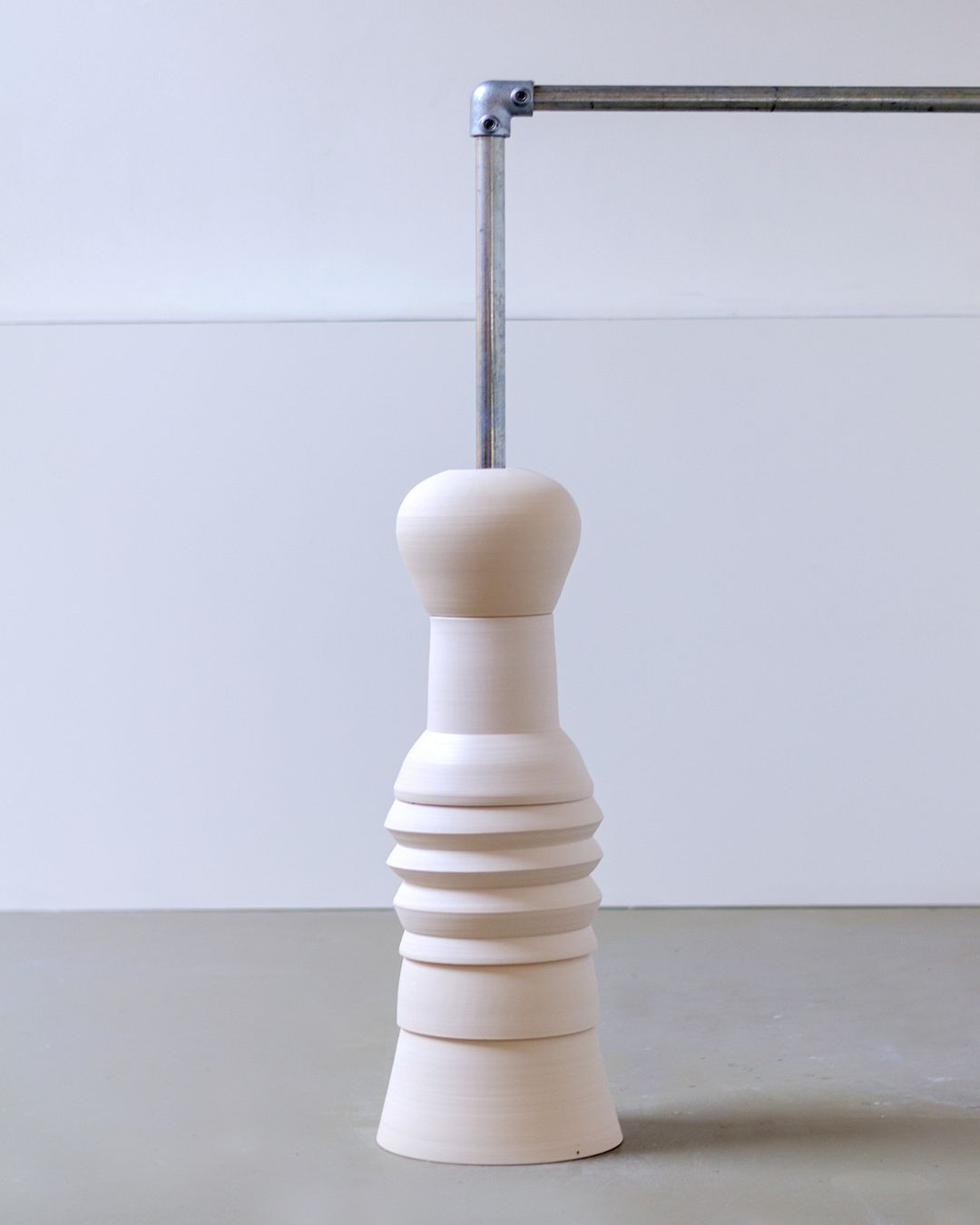
Hannah Reede
Internship: LUCA School of Arts - Glass and Ceramics
hannah.reede@hotmail.com
hannahreede.com/
www.instagram.com/hannah._.reede/
Hannah Reede is a dutch Amsterdam based visual artist. Mainly working with sculpture and installation, their work goes around themes related to the manufacture of nature, hierarchies, power relations and control; questioning the concept of what is known as the ‘natural’ in our common society.
GRADUATION PROJECT
‘Do you need me or do i need you?’ focuses on human’s ambivalent relationship with nature and their capacity and need for controlling it. Manufactured as well as organic materials and their aesthetic qualities merge narrating a poetic ensamble of a controlled and encapsulated environment, the modern human dream: taming nature. It is a western belief that nature and humans are different entities, we thus have to either rule or be subjected to the forces of it. We encounter ourselves having entered a new geological era: The Anthropocene, which refers to humans as the predominant force to influence earth; to nature being formed by mankind to the degree that it no longer exists in its ‘natural’ state. What is the our relationship to the world outside our skin, the space beyond our bodies, to the other-than human? Can we let go of control and give back respect even when the natural wonders lose their mystery?
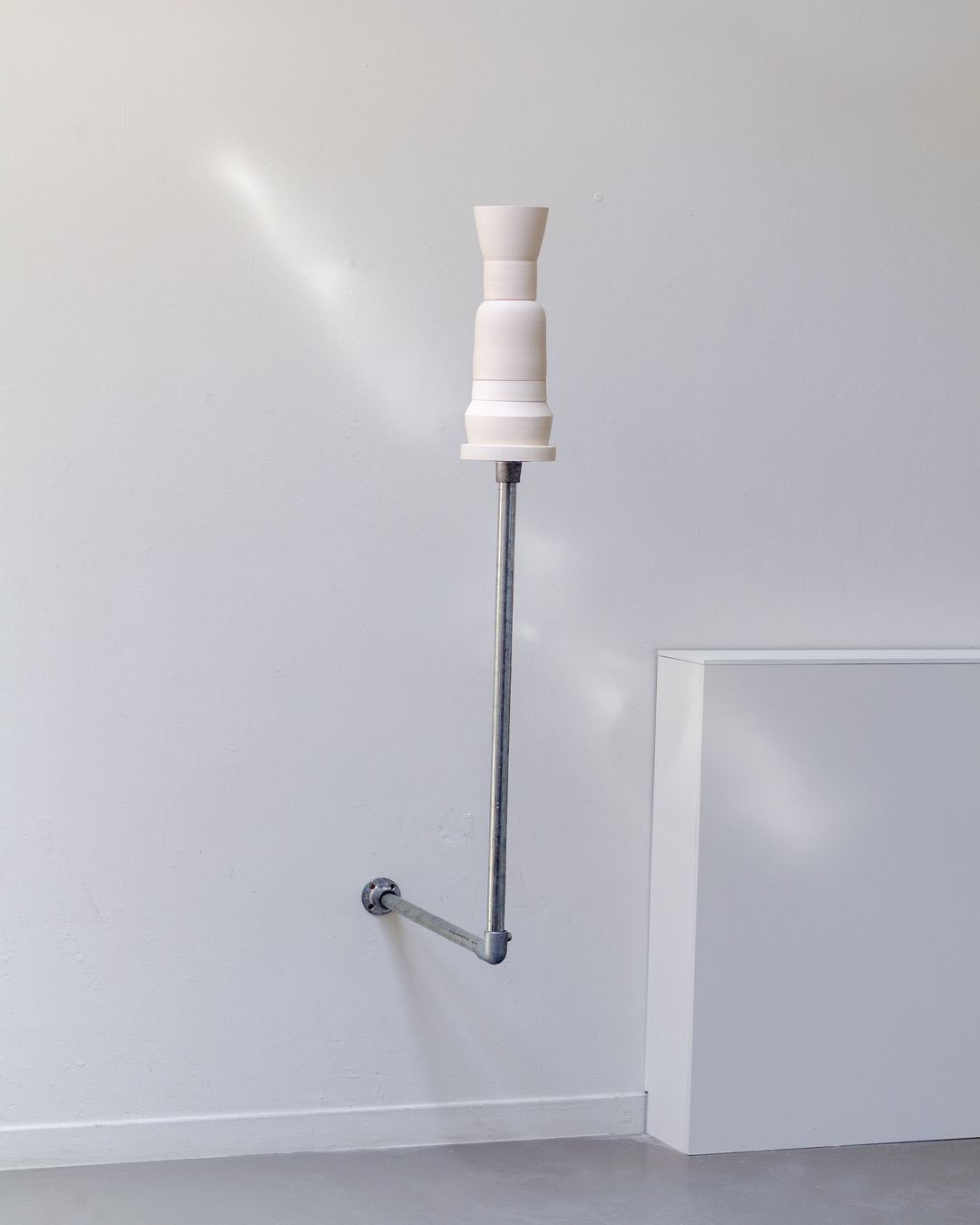
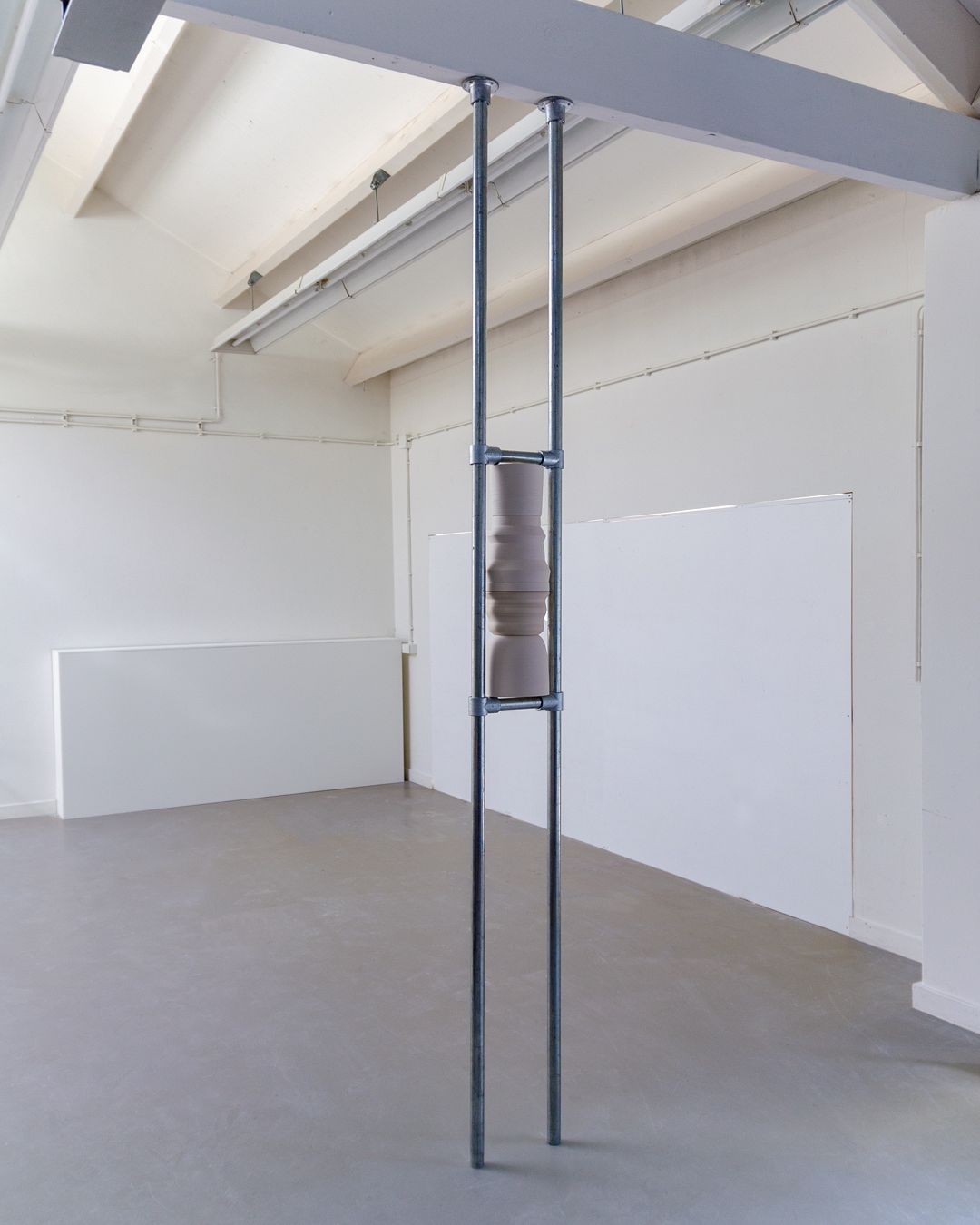
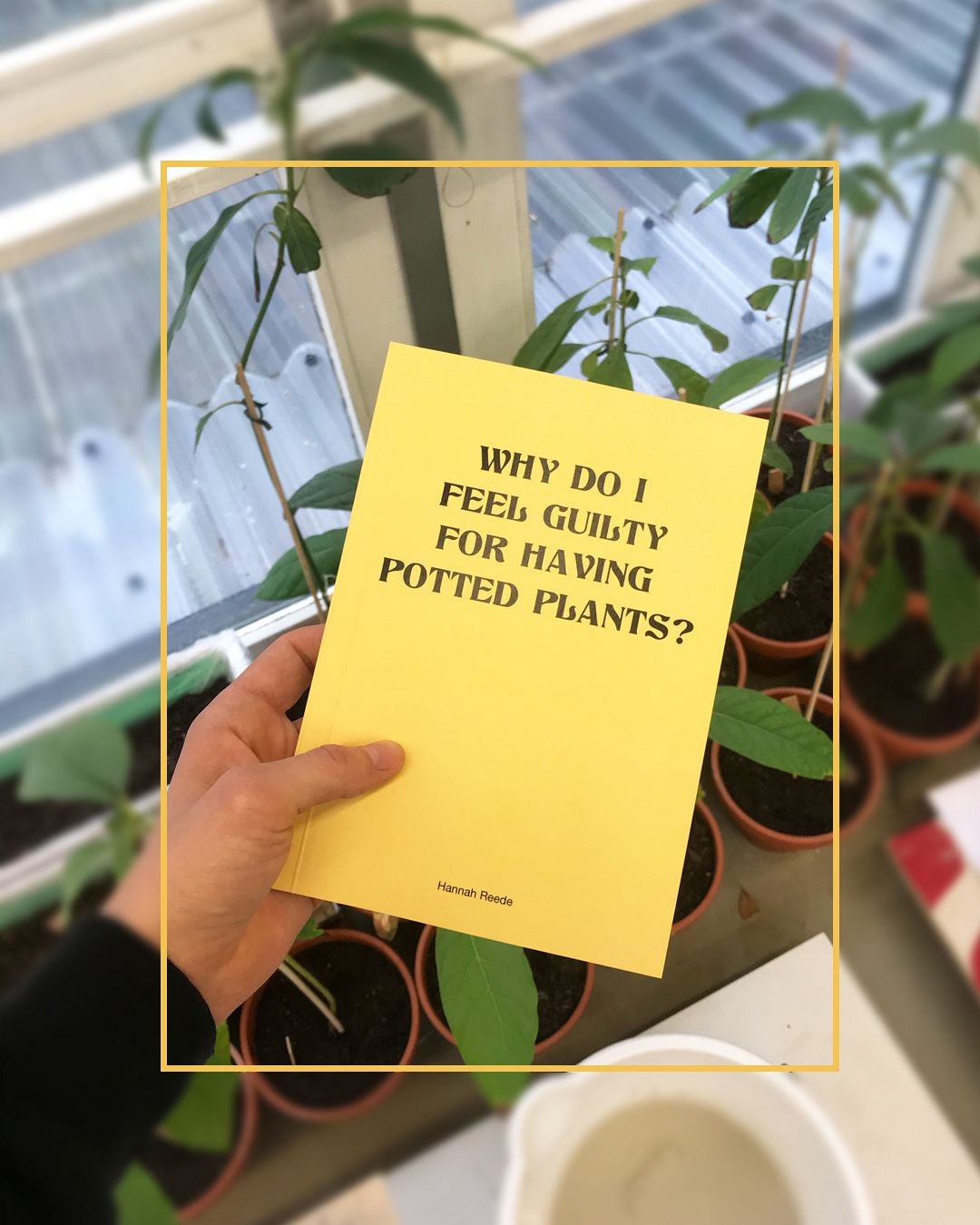
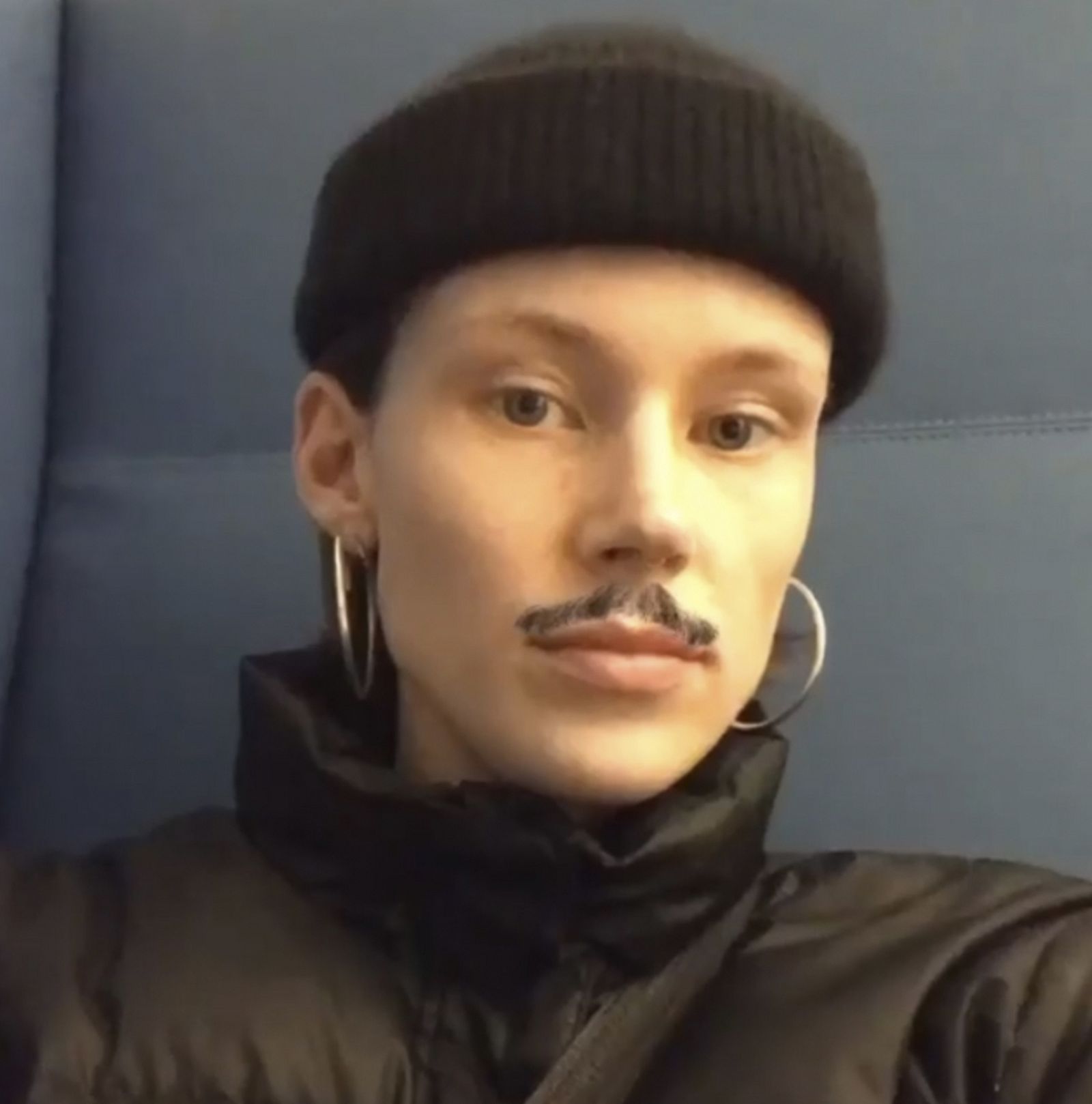
THESIS
Why do i feel guilty for having potted plants?
A feeling of guilt is the driving force in Hannah’s research and in particular in relation to our non-human companions - potted plants. In an experiment to find the best way of caring for their avocado plants, they employ the same meticulous methods and perfectionism as in their artistic practice. The felt shortcomings in caring for her plants unfold in a reflection on the cultivated understanding and relationships of mankind with nature and the environment in general. From a contemporary perspective employing ecosophical and queer theory they shine a light on the politics of these relationships as well of the ethical consequences. Their thesis succeeds in opening up a new area of negotiation and reconsideration of ‘how’ to built relationships with the ‘other’ and which ethics and emotions should be guiding principles in shaping them. All in all Hannah’s thesis has become an exercise in reflecting on methods and structurally asking different questions to rethink their own position and that of 'the other' as well as how to shape them through their own choices - as a human being as well as an artist.
Text by Alexandra Landré